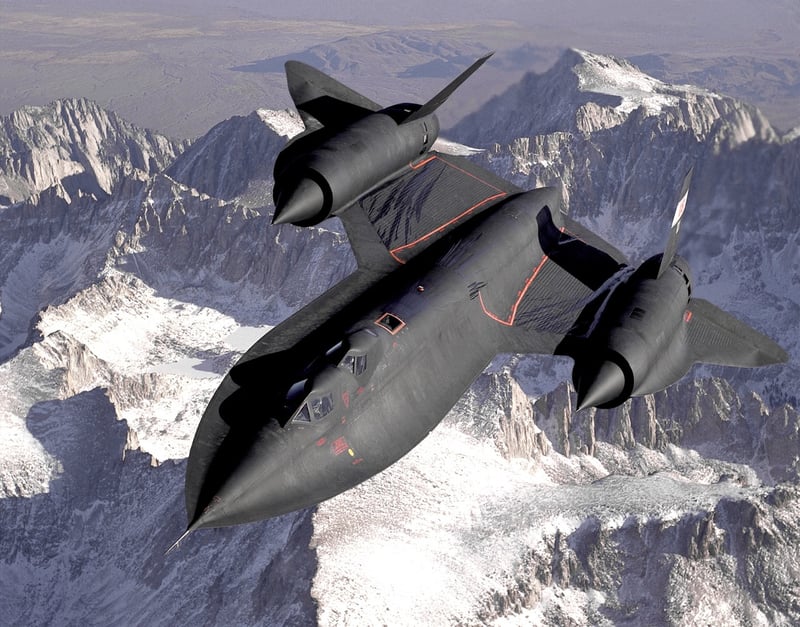Aerospace Engineer
The Exciting World of Aerospace Engineering
Are you fascinated by aircraft, spacecraft, and cutting-edge technology? If so, a career in aerospace engineering might be the perfect fit for you. Aerospace engineers are at the forefront of innovation, designing, developing, and testing aircraft, spacecraft, satellites, and missiles. Let's dive into the thrilling world of aerospace engineering and explore what it takes to excel in this highly specialized field.
What is Aerospace Engineering?
Aerospace engineering is a branch of engineering that focuses on the design, development, testing, and production of aircraft and spacecraft. Aerospace engineers work on a wide range of projects, from commercial airplanes and military jets to space exploration vehicles and satellites. They combine knowledge of physics, aerodynamics, materials science, and propulsion systems to create cutting-edge aerospace technologies.
Skills and Qualifications
To succeed as an aerospace engineer, you'll need a strong background in math and science, particularly in areas like calculus, physics, and chemistry. Excellent problem-solving skills, attention to detail, and the ability to work in a team are also essential. Most aerospace engineering positions require a bachelor's degree in aerospace engineering or a related field, with many professionals pursuing advanced degrees for career advancement.
Career Opportunities
As an aerospace engineer, you can pursue a variety of career paths in both the public and private sectors. You may work for aerospace companies, government agencies, research institutions, or defense contractors. Some common job titles in aerospace engineering include aerodynamics engineer, avionics engineer, propulsion engineer, and systems engineer. Aerospace engineers can also specialize in areas like structural design, flight testing, or space systems engineering.
Future Outlook
The field of aerospace engineering is constantly evolving, with new technologies and innovations driving the industry forward. As advancements in aviation, space exploration, and defense continue to expand, the demand for skilled aerospace engineers is expected to remain strong. Aerospace engineers play a critical role in shaping the future of aerospace technology and exploring new frontiers beyond Earth.
Conclusion
If you have a passion for aviation, space, and pushing the boundaries of what is possible, a career in aerospace engineering offers a challenging and rewarding path. By acquiring the necessary skills and qualifications, you can embark on a journey to become a part of the exciting world of aerospace engineering.

Embark on a journey to the stars with a career in aerospace engineering!
